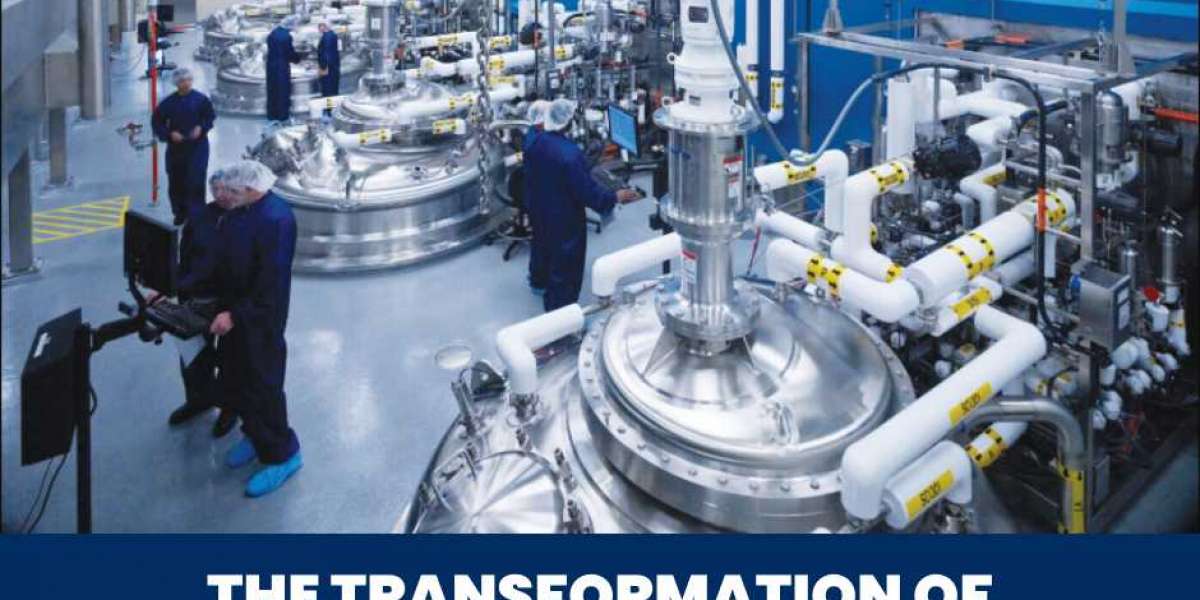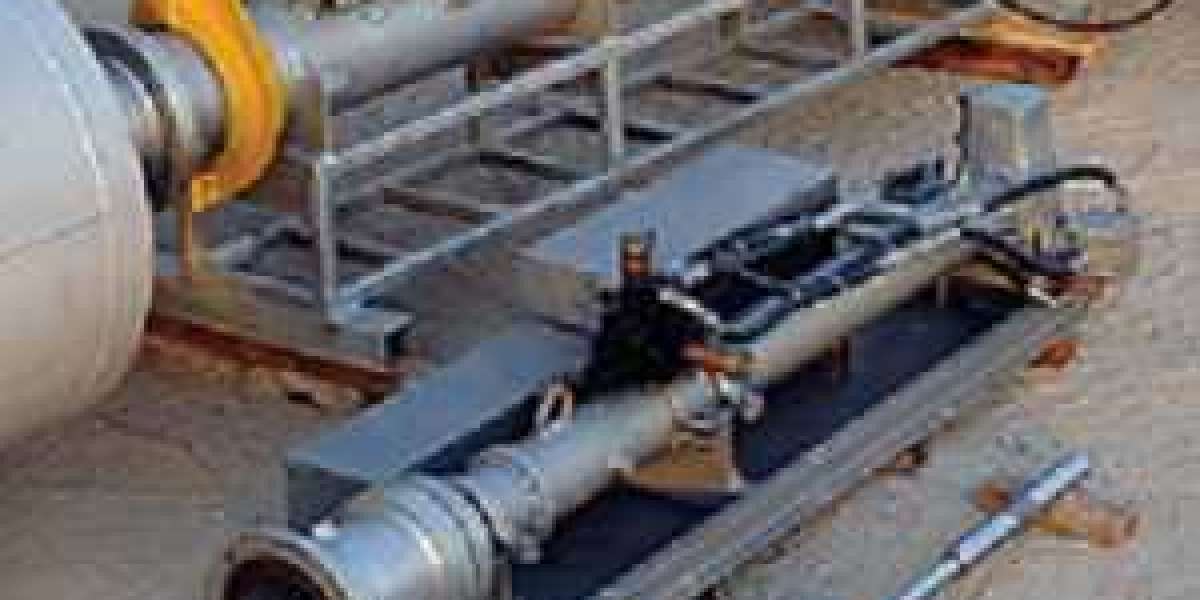Bioprocessing 4.0 it is the integration of advanced digital technologies and automation into biomanufacturing processes. It represents a significant shift in the way biopharmaceuticals, biofuels, enzymes, and other bioproducts are produced. By leveraging cutting-edge technologies such as artificial intelligence (AI), big data analytics, the Internet of Things (IoT), and robotics, Bioprocessing 4.0 aims to enhance productivity, efficiency, and quality control in biomanufacturing.
Biomanufacturing, the process of using living organisms to produce valuable products, has experienced a significant revolution with the advent of Bioprocessing 4.0. This cutting-edge approach combines advanced technologies, data analytics, automation, and artificial intelligence to enhance efficiency, productivity, and quality control in the biomanufacturing industry. In this article, we will delve into the various aspects of Bioprocessing 4.0 and its profound impact on the field of biomanufacturing.
Bioprocessing 4.0: A Revolutionary Approach Bioprocessing 4.0 represents a paradigm shift in biomanufacturing, integrating digital technologies into traditional manufacturing processes. It involves the utilization of data analytics, machine learning, internet of things (IoT), and advanced automation to optimize and streamline bioproduction operations. By harnessing the power of interconnected systems, Bioprocessing 4.0 enables real-time monitoring, predictive analytics, and adaptive control, leading to improved productivity, reduced costs, and enhanced product quality.
Automation and Robotics in Bioprocessing 4.0 One of the key components of Bioprocessing 4.0 is the integration of automation and robotics. Automated systems can perform repetitive and labor-intensive tasks with precision and accuracy, reducing the risk of human error and increasing throughput. Robots can be programmed to handle complex processes such as cell culturing, fermentation, and purification, allowing for increased efficiency and consistency. Additionally, advanced robotics enables flexible manufacturing, allowing rapid adaptation to changing production requirements.
Big Data and Analytics for Optimization Bioprocessing 4.0 harnesses the power of big data and analytics to optimize biomanufacturing processes. Large volumes of data collected from sensors, instruments, and production equipment are analyzed in real-time to identify trends, patterns, and potential issues. This data-driven approach enables proactive decision-making, early detection of anomalies, and continuous process improvement. By leveraging analytics, biomanufacturers can optimize resource allocation, minimize waste, and maximize productivity.
Advancements in Process Monitoring and Control Bioprocessing 4.0 introduces advanced process monitoring and control systems that provide real-time insights into bioproduction operations. Sensors embedded throughout the manufacturing facility continuously collect data on various parameters such as temperature, pH, dissolved oxygen, and biomass concentration. This data is analyzed and used to ensure optimal conditions for cell growth and product formation. Automated control systems can adjust process parameters in real-time, allowing for precise control and improved product consistency.
Quality Control and Regulatory Compliance Bioprocessing 4.0 plays a crucial role in ensuring product quality and regulatory compliance. Real-time monitoring and analytics enable early detection of deviations, ensuring timely corrective actions and minimizing product defects. Moreover, the traceability and data integrity provided by Bioprocessing 4.0 facilitate compliance with stringent regulatory requirements. The ability to capture and analyze vast amounts of data allows for comprehensive batch record documentation, simplifying audits and ensuring adherence to regulatory standards.
Conclusion: Bioprocessing 4.0 represents a transformative revolution in biomanufacturing. By combining advanced technologies, automation, and data analytics, it has the potential to revolutionize the efficiency, productivity, and quality control in the biomanufacturing industry.
The integration of automation, robotics, big data analytics, and real-time monitoring enables manufacturers to optimize processes, increase throughput, and ensure product consistency. As Bioprocessing 4.0 continues to evolve, it holds tremendous promise for the future of biomanufacturing, paving the way for innovative therapies, sustainable production methods, and improved patient outcomes.
Related Report: Bioprocessing Reagents Market Analysis By Regions(North America, Europe, Asia Pacific, South America, Middle East And Africa), Size, Growth, Trend and Forecast with Impact Analysis of COVID-19 (2022-2028)








